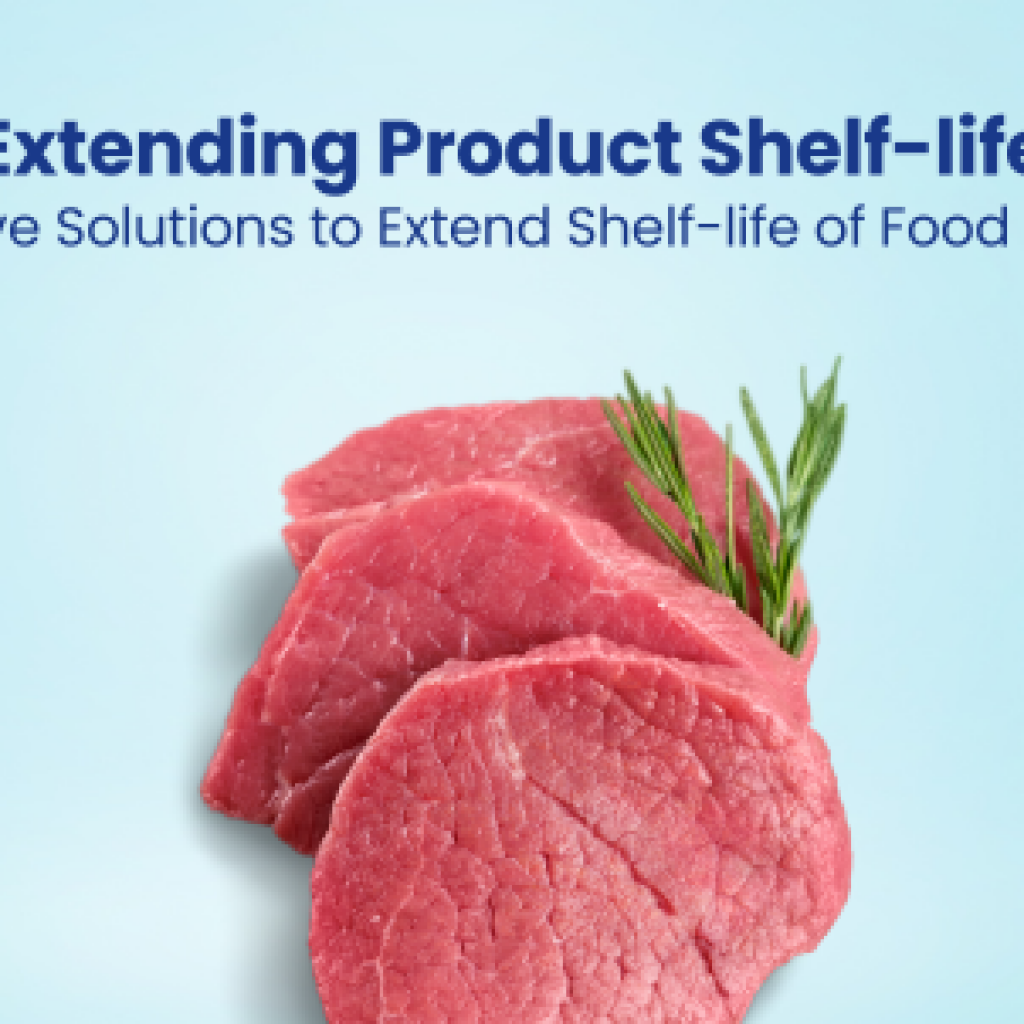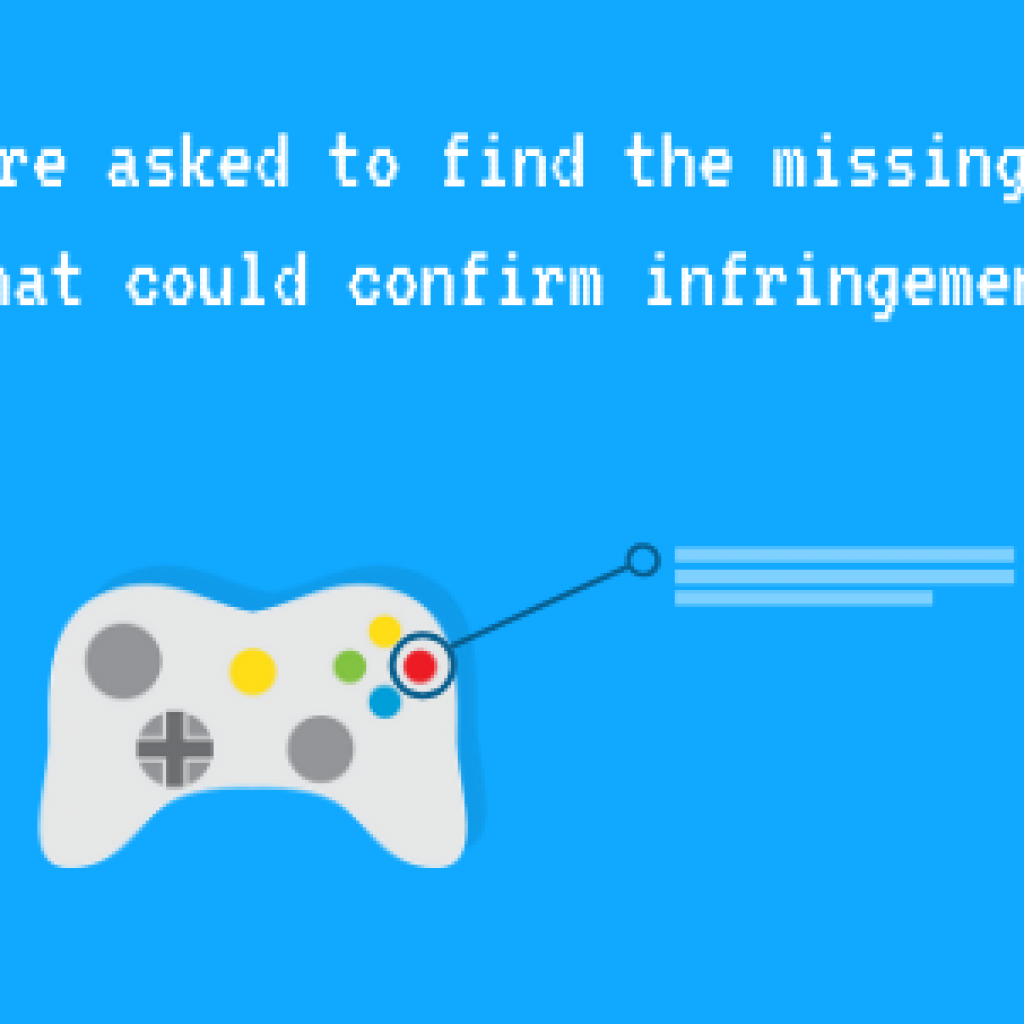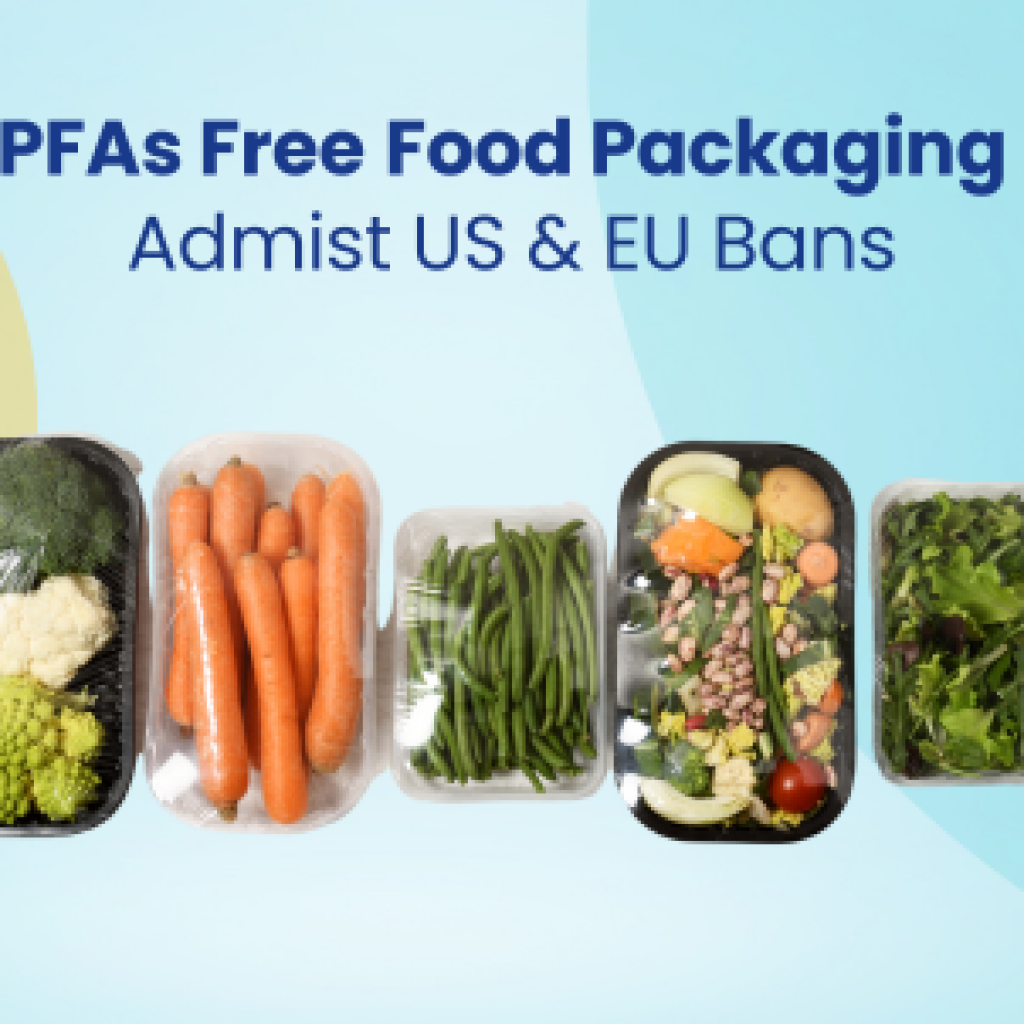HIPERBARIC’s latest beverage processing technique boosts shelf life from a few days to over a month!
Emerging trends like HPP (High-pressure processing) and PEF (Pulse Electric Field) are vital in shaping the future of non-thermal food processing. These methods address issues such as ineffective sterilization, low shelf life, and controlling pathogenic bacteria in food.
This article details two of the latest trends in non-thermal food processing and the leading innovators working on them. To read our full report on healthy food and beverage trends as a PDF, fill out the simple form below, and a copy will be sent directly to your mail.
Sterilization and preservation of beverages by High-pressure processing
Traditional sterilization methods include heat-based techniques like pasteurization, flash pasteurization, Ultra-High-Temperature, etc. These techniques lack the appropriate sterilization procedures, which leads to a limited shelf life of 1-2 days before the beverages turn sour or rancid. The following innovators are tackling this challenge.
HIPERBARIC has a new way of preparing beverages with a higher shelf life
HIPERBARIC has developed a method of preparing beverages through extraction. This method involves placing a mixture of solids and liquids in a pressurized vessel, maintaining that predetermined pressure, followed by controlled depressurization. The company claims it achieved large-scale enriched beverage production with immediate consumption readiness, extending shelf life from a few days to over a month.
LAIYANG YONGAN FOODSTUFF CO has a new method of preserving fruit juices
LAIYANG YONGAN FOODSTUFF CO has introduced an advanced High-Pressure Processing technique for sterilizing and preserving fruit juice. This process begins with cleaning and preparing raw fruit, then cutting and juicing to obtain the raw liquid. A clarifying agent is added and filtered to produce the primary juice. This primary juice is packaged to create the final fruit juice product.
The innovation lies in using the clarified juice as a medium for sterilization under specific pressure conditions, resulting in a sterilized juice product.
The company claims that adding this clarifying agent during juicing significantly improves the juice yield and preserves it better.
Collaboration with the University of Burgos
Hiperbaric, in collaboration with the University of Burgos, studied the effects of High-Pressure Processing (HPP) on cold-brew coffee. They found that HPP significantly inactivated pathogenic bacteria, boosting the beverage’s preservation characteristics, including color and freshness. This solidifies HPP’s potential to maintain the quality of cold-brew coffee.
Preserving food stuff by Pulse Electric Field (PEF)
Preserving food using Pulse Electric Field (PEF) is gaining considerable attention within the healthy food and beverages category. PEF-based processing involves treating the food item at a specific electric field intensity to ensure better shelf life. This sub-trend aligns with the increasing demand for healthy, non-thermal food processing methods.
Universities of Italy and Croatia researched aroma extraction using PEF
University of Salerno, Italy, and the University of Zagreb, Croatia, collaborated to extract aroma and bioactive compounds from plants. In their research, Pulsed Electric Field (PEF) significantly improved the extractability of aroma and bioactive compounds from various plant sources using certain green solvents.
Results indicate enhanced extraction yields without degradation of compounds, especially in ethanolic extracts.
Applying PEF before solid-liquid extraction with green solvents emerges as a sustainable method for recovering natural compounds from aromatic plants and food by-products. This approach claims to offer the potential for non-thermal food processing, providing higher recovery yields and improved permeabilization of plant tissues.
Anhui Dangshan Beijiafu Food Co’s secret to enhancing the shelf life of yellow peaches
Anhui Dangshan Beijiafu Food Co claims its approach increases the shelf life of yellow peaches by soaking them in saline water (brine) and citric acid, followed by a two-stage sterilization. This process produces high-quality, vibrant yellow peach cans with an extended shelf life.
Opticept and Food Processing Solutions (FPS) use PEF for solid food processing.
OptiCept’s PEF application for solid foods (JÖRD) will be further developed with FPS. In the collaboration, OptiCept will deliver CEPT (Controlled Environment Pulsed Electric Field Treatment) generators, and FPS will deliver the system that handles and processes the products up to the PEF treatment.
One of the main motives behind this partnership is to promote and advance OptiCept’s PEF system, which is designed for solid food applications. The main application areas for their joint PEF solution are processed potato products, dried vegetables, fruit, herbs, and frozen foods.
The path forward
The demand for healthier foods will considerably increase the use of HPP and PEF. The HPP foods market alone is expected to reach $14 billion by 2032, exhibiting a growth rate of 7.5% from 2024 to 2032.
In addition, using clarifying agents to improve the juice yield and enhance preservation is becoming the industry standard. There’s far more to discover within the technologies fueling these trends. Contact our experts below for comprehensive insights into these innovators and their solutions.

Read More:
Extending the Shelf Life of Food Products using Microbes and more!










